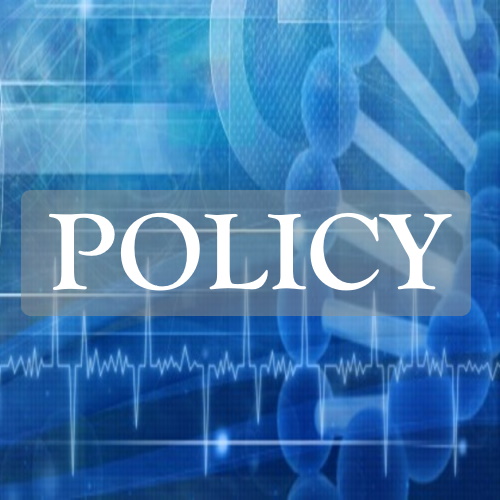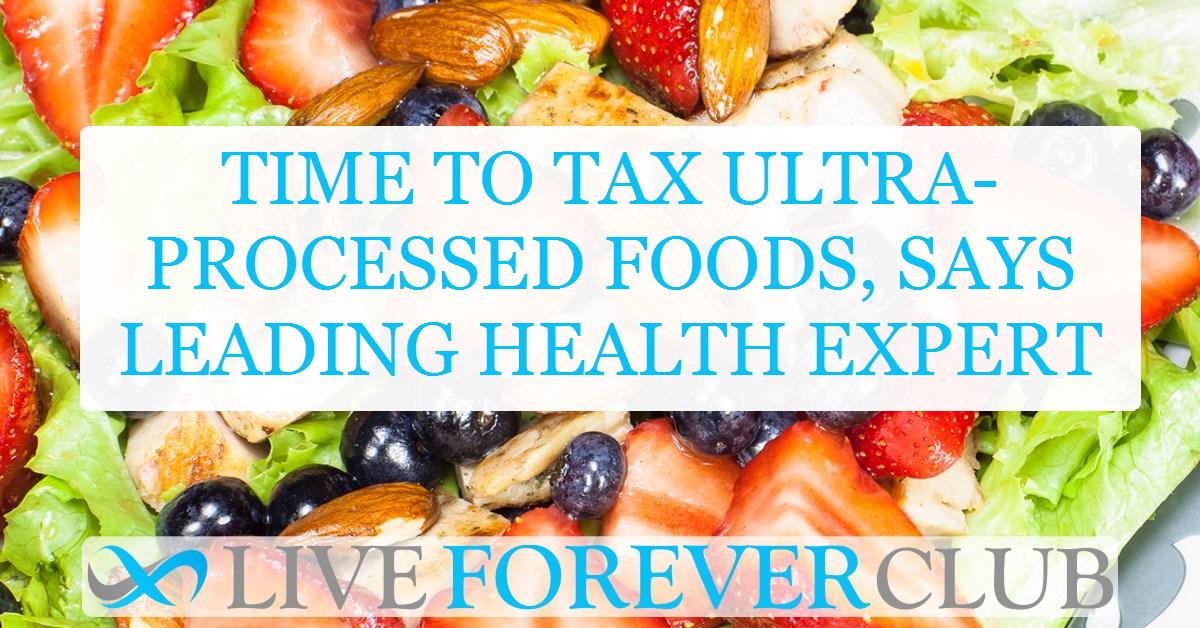Key points from article :
Professor Carlos Monteiro, a public health expert from São Paulo University, is pushing for urgent action against ultra-processed foods (UPFs) by suggesting they should be taxed like tobacco products.
Monteiro is widely known for creating the Nova classification system, which categorizes foods based on their level of processing, with UPFs such as instant noodles, ice cream, and soft drinks falling under the most harmful category. UPFs are industrially manufactured foods that are high in sugar, fat, and additives but low in essential nutrients. Research has shown that regular consumption of these foods is linked to chronic health problems, including obesity, type 2 diabetes, cardiovascular diseases, and even mental health issues.
Monteiro’s stance is supported by numerous studies, including 70 cohort studies that have consistently linked UPF consumption to various health problems. While these studies are observational and don’t definitively prove causality, they mirror the kind of evidence that first linked smoking to lung cancer. Monteiro argues that delaying strong policies on UPFs will lead to further public health tragedies, particularly in developing nations where rates of non-communicable diseases are rising rapidly.
He also proposes international regulations on UPFs, much like the global tobacco treaty, to curb the influence of transnational food corporations. Additionally, he suggests national policies that combine taxation with improved access to healthier, minimally processed foods, especially in low-income areas.
While UPFs make up over half of energy intake in Western countries, their consumption is growing quickly in developing regions, threatening long-term healthcare costs and the well-being of millions. Monteiro emphasizes that taxing these foods and placing warning labels on packaging could reduce their harmful effects, promoting better global health outcomes.






